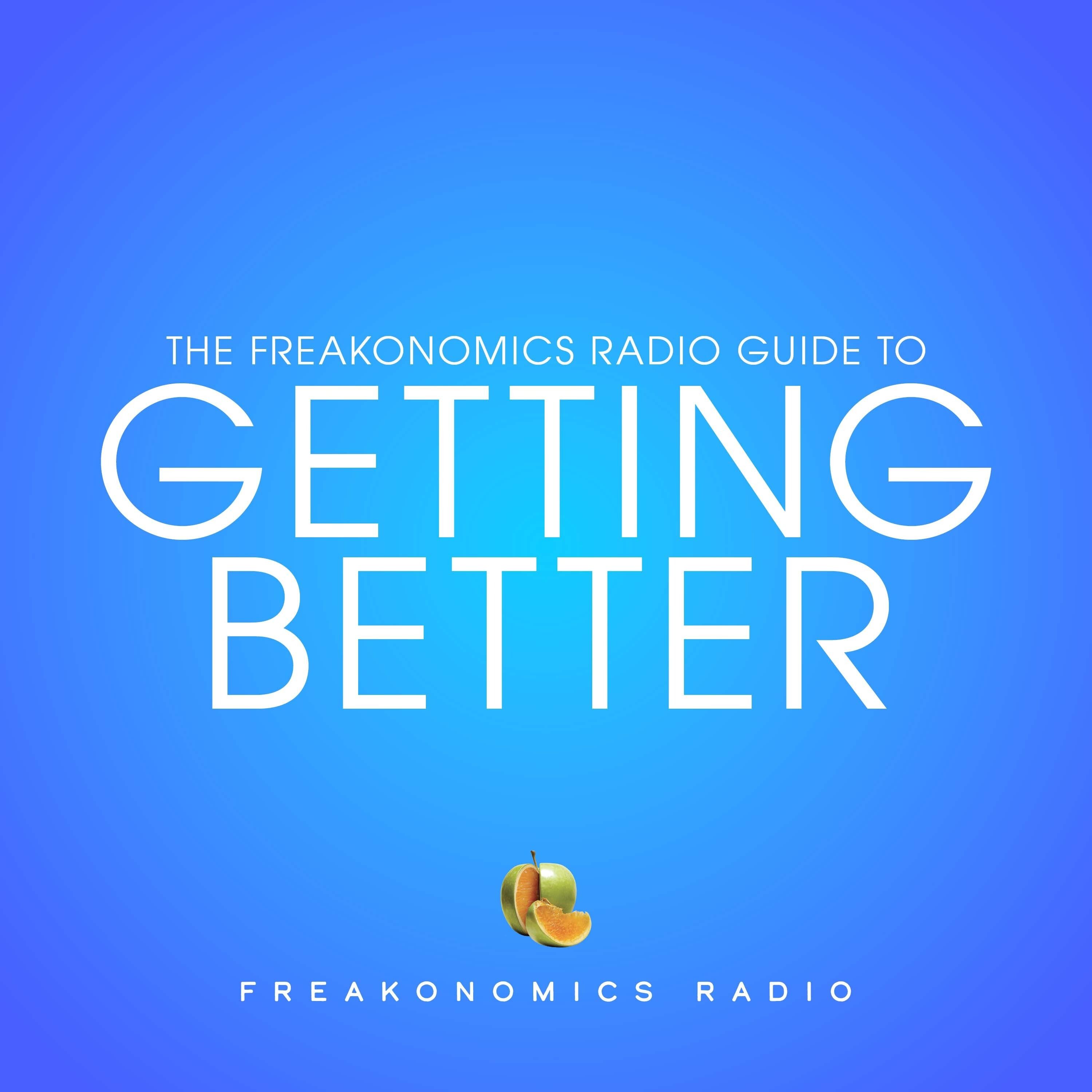Freakonomics Radio
For 50 years, the healthcare industry has been trying (and failing) to harness the power of artificial intelligence. It may finally be ready for prime time. What will this mean for human doctors — and the rest of us? (Part four of “The Freakonomics Radio Guide to Getting Better.”)
- SOURCES:
- Bob Wachter, professor, chair of the department of medicine at the University of California, San Francisco.
- Pierre Elias, cardiologist, assistant professor of biomedical informatics at Columbia University, medical director for artificial intelligence at NewYork-Presbyterian Hospital.
- RESOURCES:
- A Giant Leap: How AI Is Transforming Healthcare and What That Means for Our Future, by Bob Wachter (2026).
- “Epic Systems (MyChart),” by Acquired (2025).
- “Detecting structural heart disease from electrocardiograms using AI,” by Pierre Elias and Timothy Poterucha (Nature, 2025).
- “What Are the Risks of Sharing Medical Records With ChatGPT?” by Maggie Astor (New York Times, 2025).
- “Will Generative Artificial Intelligence Deliver on Its Promise in Health Care?” by Bob Wachter and Erik Brynjolfsson (JAMA, 2023).
- The Digital Doctor: Hope, Hype, and Harm at the Dawn of Medicine’s Computer Age, by Bob Wachter (2015).
- EXTRAS:
- “The Doctor Won’t See You Now,” by Freakonomics Radio (2025).
- “How to Stop Worrying and Love the Robot Apocalypse (Update),” by Freakonomics Radio (2024).
Hosted by Simplecast, an AdsWizz company. See pcm.adswizz.com for information about our collection and use of personal data for advertising.

633. The Most Powerful People You’ve Never Heard Of
Just beneath the surface of the global economy, there is a hidden layer of dealmakers for whom war, chaos, and sanctions can be a great business opportunity. Javier Blas and Jack Farchy, the authors of…
How to Succeed at Failing, Part 4: Extreme Resiliency (Update)
Everyone makes mistakes. How do we learn from them? Lessons from the classroom, the Air Force, and the world’s deadliest infectious disease. SOURCES: Will Coleman, founder and C.E.O. of Alto. Amy Edmondson, professor of…
How to Succeed at Failing, Part 3: Grit vs. Quit (Update)
Giving up can be painful. That’s why we need to talk about it. Today: stories about glitchy apps, leaky paint cans, broken sculptures — and a quest for the perfect bowl of ramen. SOURCES:…
How to Succeed at Failing, Part 2: Life and Death (Update)
In medicine, failure can be catastrophic. It can also produce discoveries that save millions of lives. Tales from the front line, the lab, and the I.T. department. SOURCES: Amy Edmondson, professor of leadership management…
How to Succeed at Failing, Part 1: The Chain of Events (Update)
We tend to think of tragedies as a single terrible moment, rather than the result of multiple bad decisions. Can this pattern be reversed? We try — with stories about wildfires, school shootings, and love.…
632. When Did We All Start Watching Documentaries?
It used to be that making documentary films meant taking a vow of poverty (and obscurity). The streaming revolution changed that. Award-winning filmmaker R.J. Cutler talks to Stephen Dubner about capturing Billie Eilish’s musical genius…
631. Will “3 Summers of Lincoln” Make It to Broadway?
It’s been in development for five years and has at least a year to go. On the eve of its out-of-town debut, the actor playing Lincoln quit. And the producers still need to raise another…
Is It a Theater Piece or a Psychological Experiment? (Update)
In an episode from 2012, we looked at what Sleep No More and the Stanford Prison Experiment can tell us about who we really are. SOURCES: Felix Barrett, artistic director of Punchdrunk. Steven Levitt,…
630. On Broadway, Nobody Knows Nothing
A hit like Hamilton can come from nowhere while a sure bet can lose $20 million in a flash. We speak with some of the biggest producers in the game — Sonia Friedman, Jeffrey Seller,…
629. How Is Live Theater Still Alive?
It has become fiendishly expensive to produce, and has more competition than ever. And yet the believers still believe. Why? And does the world really want a new musical about … Abraham Lincoln?! (Part one…
